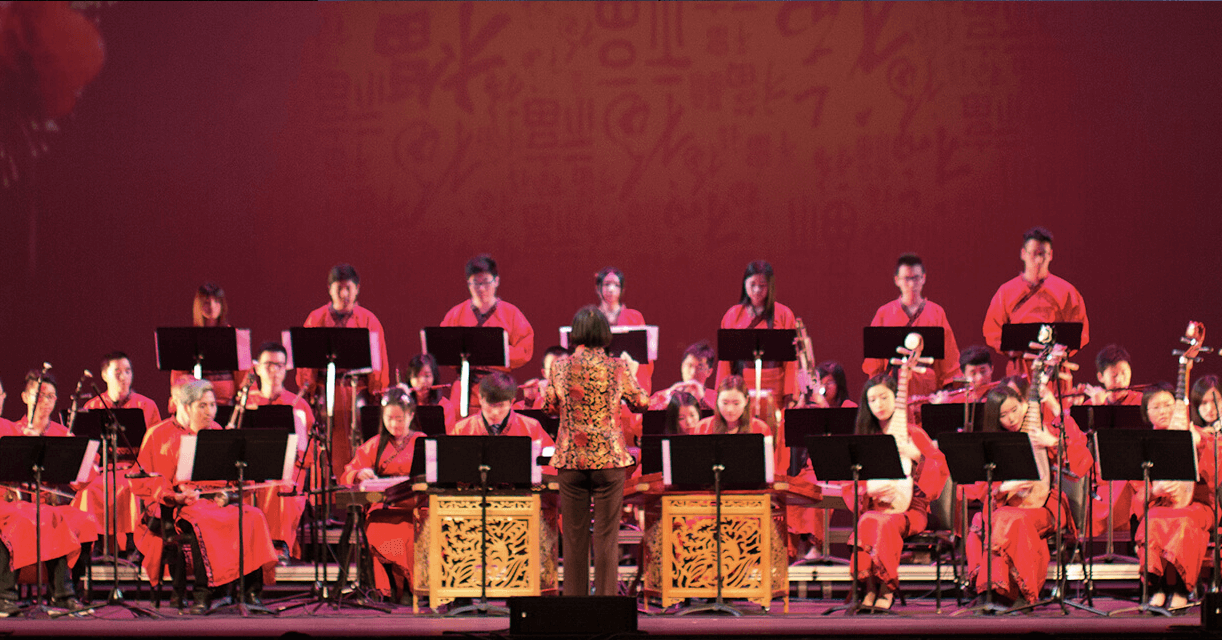

The real crux, though, is that an intro arpeggiating down a major7 chord doesn't have an established key center to begin with, but would at first impression imply that chord itself is the key center, and so any tension you think you hear has to be a quality of the chord itself (and yea, a major 7 interval is incredibly dissonant, to see their full glory, stack a bunch on top of each other, so C + B + Bb + A for example. So utilizing a VI in a minor key doesn't really create much stress with the tonal relationship to the key center, again less so when the maj7 is involved. Remember, D minor is the iii in the key of B-flat, and that motion has very little stress (why the IV-I-ish analysis doesn't really work, or why the I6 is used to soften a resolution). It could also be coincidence-I doubt Tchaikovsky was the first person to write something like this either.Ī Bb wouldn't give much stress for a D minor key.? Any more than a maj7 already has that highly dissonant maj7 interval.ĭ minor and F major are basically the "same chord," and the B-flat is that weaker IV-I resolution in F and it often works much the same with the D minor chord, so you'd think there might be a little bit of tension from that implication (there isn't a whole lot in actuality due to them not being exactly the same chord, and that's one of the big uses of a I6 or Iadd13 depending on how you term it, in softening resolutions and the chord quality itself), but we're talking about a Bb maj7, so the top half is literally a D minor chord which gets rid of any real feel of that IV-I resolution that might be there and has no significant stress in D minor (if you resolve to a Dmin7, that IV-I-ish feel sort of comes back but still not really close to being as strong since the voice leading is up and is a single note change out of four). So Uematsu could have been inspired by Tchaikovsky. And this is a very distressed portion of the music, so the harmonic gymnastics here add to that. It looks like an A major 7 arpeggio, but listening to it makes me think that C-sharp is actually the root, making it a C-sharp minor chord with a flat 6. The passage from 1812 passage uses the same arpeggio starting from the root and descending, but obviously in a different key. We need to hear the rest of the music before we know what the chord actually is, although once you're familiar with it your brain will actually fill in that information for you. It's possible to hear the chord as D minor with a flat added 6, or as B-flat major 7. It also begins on the root (B-flat), but lands on the 3rd (D), so it creates some confusion about the key. This contributes to the the sense that something is "wrong" when hearing the theme music. In this case, the chord is built on B-flat, which cause a lot of stress in the music because the home key is D minor. “It is already a great thing if the main ideas and general outline of a work come without any racking of brains, as the result of that supernatural and inexplicable force we call inspiration.So the motive from J-E-N-O-V-A is what's called a "major 7" arpeggio, meaning it is a major triad with the major 7th added to that.
/https://www.thestar.com/content/dam/thestar/entertainment/music/2020/10/13/china-classical-music-festival-to-feature-wuhan-musicians/XMAS203-109_2020_062644.jpg)
It is a musical confession of the soul, which unburdens itself through sounds just as a lyric poet expresses himself through poetry.As the poet Heine said, 'Where words leave off, music begins.'” “How can one express the indefinable sensations that one experiences while writing an instrumental composition that has no definite subject? It is a purely lyrical process. “I sit down to the piano regularly at nine-o'clock in the morning and Mesdames les Muses have learned to be on time for that rendezvous.” It is not the straw to which the drowning man clings but a true friend, refuge, and comforter, for whose sake life is worth living” Alone it calms, enlightens, and stills our souls. Music is indeed the most beautiful of all Heaven's gifts to humanity wandering in the darkness.

Undoubtedly I should have gone mad but for music. “…You see, my dear friend, I am made up of contradictions, and I have reached a very mature age without resting upon anything positive, without having calmed my restless spirit either by religion or philosophy.


 0 kommentar(er)
0 kommentar(er)
